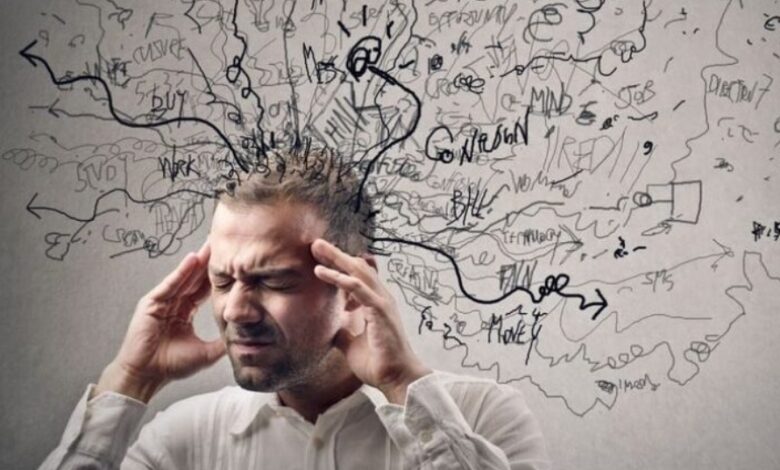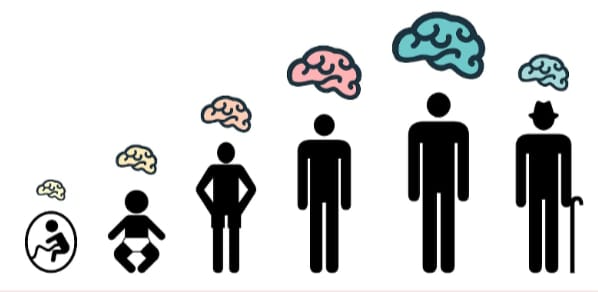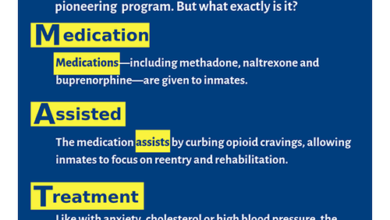Unlocking the Mystery- Understanding Memory Loss in the Seniors

As you grow older, your body and mind experience psychological changes, your brain starts to forget even minor things, and it takes a lot of time to recall something. People don’t pay much attention to such things unless they start causing blunders in their lives. Memory loss is a common problem in seniors and paying attention to it at the right time is crucial to avoid serious problems and mishappenings. Elderly people occasionally even forget things like tasks they were going to perform, keys, a phone number, mobile, someone’s name, directions to their house, things they were going to say, etc., which cause serious problems in old age. Age related memory loss can be frustrating, but it’s vital to know that brain changes are inevitable when it comes to aging. Understanding every bit of it is crucial to get the proper treatment. Besides that, many people even confuse Dementia with age-related memory loss, which hampers their daily lifestyle. So, in this blog, we will shed light on Normal Aging vs. Cognitive Decline, Types of Memory, Common Dementia versus age-related forgetfulness, and Causes of Memory Loss.
What is Age-related memory loss?

Our brain is capable of producing new brain cells at every age, but age-related memory loss is a common issue that depends on your own lifestyle, daily activities, and mental health. In age-related memory loss, a person tends to forget minor things like:
- Keys, Mobile, Grocery, etc.
- Driving
- Using Mobile
- Mobile Number
- Finding the Way Home
- Paying a bill
- Person’s name
- Own glasses
- Appointments or tasks
- Kitchen duties
However, such incidents happen occasionally and not on an everyday basis. They don’t have much negative effect on your daily life as, in most cases, you tend to remember things after some time.
Normal Aging vs. Cognitive Decline

Normal Aging
It’s something typical that your memory and mental capability will generally decline with age because of mental alters in your perspective and body. This incorporates things like periodic carelessness, trouble in performing various tasks, recollecting the errands, and so forth. Nonetheless, cognitive decline because of ordinary maturing isn’t a reason to worry. You can simply evaluate memory loss in seniors via online memory tests.
Cognitive Decline
Mental degradation incorporates gentle mental disability (MCI) or beginning phase Dementia that could bring about more serious cognitive decline and mental deterioration. MCI basically means some older people tend to have more severe memory-related problems compared to other people of their age. In some cases, it is a sign of Alzheimer’s disease, which is a serious concern and requires professional help.
Types of Memory
Short-term memory:
In case of memory loss due to aging, people generally face short-term memory loss. They face difficulty remembering recent activities, tasks, events, conversations, appointments, etc.
Long Term memory:
Age-related memory loss is not linked to long-term memory loss in most cases. Senior people generally remember events from the past clearly and in detail. They can tell every bit of them without any confusion. However, they forget recent occurrences.
Dementia versus Age-Related Forgetfulness
Many people confuse age-related forgetfulness with Dementia, but both are poles apart. On one side, normal forgetfulness is a basic part of aging; dementia, on the other side, is a serious age-related issue that hampers a person’s daily life and behavioral abilities. WHO estimates that only 5-8% of people above the age of 60 face dementia, whereas the majority of people face normal age-related memory loss only.
Age-associated memory impairment
Age-related memory impairment is a natural aspect of aging where you can forget basic things like keys, glasses, passwords, numbers, appointments, names, etc. However, such forgetfulness and the memory-related issues:
- Do not significantly disrupting your daily life
- Do not hinder your capacity to do tasks as normal.
- Do not cause trouble learning or remembering new things.
- There are no underlying medical conditions.
- There are no learning and adaptation concerns.
- There are no language and communication difficulties.
- No social withdrawal.
- You are Maintaining Hobbies and Interests.
- Ensuring Overall stability
Dementia
Dementia, on the other hand, is a severe memory-related problem that harms a person’s everyday life. It includes loss of cognitive functioning like learning, reasoning, thinking, and remembering to a great extent, which sometimes even leads to personality change. The problems with language skills, conversation, paying attention, visual perception, etc., are also part of Dementia. Memory loss gradually becomes worse as people tend to forget everything in some cases. Dementia led to:
- Memory loss
- Cognitive Decline
- Impaired Functioning
- Personality and behavioral change
- Disorientation in time and space
- Difficulty in communication and conversations
- Loss of Initiative
- Altered Visual Perception
- Difficulty in learning new things
- Inability to complete familiar tasks
When to See a Doctor for Memory Concerns
- Asking the same questions repeatedly.
- Frequently forgetting key dates, events, and appointments.
- Getting lost in familiar places, such as well-known neighborhoods.
- Struggling to accomplish things that were once routine and familiar.
- Having difficulty following directions, recipes, or layouts
- Finding the correct words and expressing thoughts during conversations.
- Constant trouble comprehending written or spoken language.
- Loss of interest in things you once enjoyed the most, such as hobbies.
- Placing things in strange places and forgetting afterward.
- Get confused about faces, names, and places.
- Poor decision-making, such as difficulty with financial tasks, paying bills, etc.
- Frequent mood swings, behavior, and personality changes.
- Friends and family feel concerned about cognitive changes.
Common Causes of Memory Loss
Medication – Some medications or a combination of certain meditations when taken together impact your brain function and memory.
Psychological wellness issues Emotional well-being issues like pressure, tension, and misery influence memory and mental capability generally.
Medical Conditions – Medical states as hypothyroidism, chronic illnesses, thyroid, and liver problems, etc., impact memory and may lead to memory loss issues in old aged.
Head Wounds or Injury – Head wounds like blackout, Post-Horrendous Amnesia (PTA), Hippocampal Harm, Awful Cerebrum Injury (TBI), and so forth., can bring about cognitive decline.
Liquor abuse – Constant liquor abuse or medication admission can adversely influence your psychological capacities and lead to cognitive decline.
Cerebrum Sicknesses – Mind illnesses like blood clusters, disease in the mind, mind growth, and so on., may try and prompt serious cognitive decline issues like Dementia.
Rest Issues – Rest issues like rest apnea, sleep deprivation, and so forth., can cause memory issues.
Absence of legitimate eating routine – A body needs everything from proteins, carbs, and fats, to nutrients, minerals, and so on. An absence of legitimate eating regimen can influence your actual wellbeing as well as your mental capability.
Conclusion
In this blog, we have discussed everything from symptoms to causes that may lead to memory loss in seniors. Memory loss with aging is a common problem that does not require professional help until it starts affecting your daily life. Elders can easily take up memory tests to check the level of this problem and make a proper decision based on that.





